wholesale battery lifepo4 car factory
The Growing Demand for Wholesale Lithium-Iron-Phosphate (LiFePO4) Car Batteries: A Deep Dive into the Industry and Market Trends
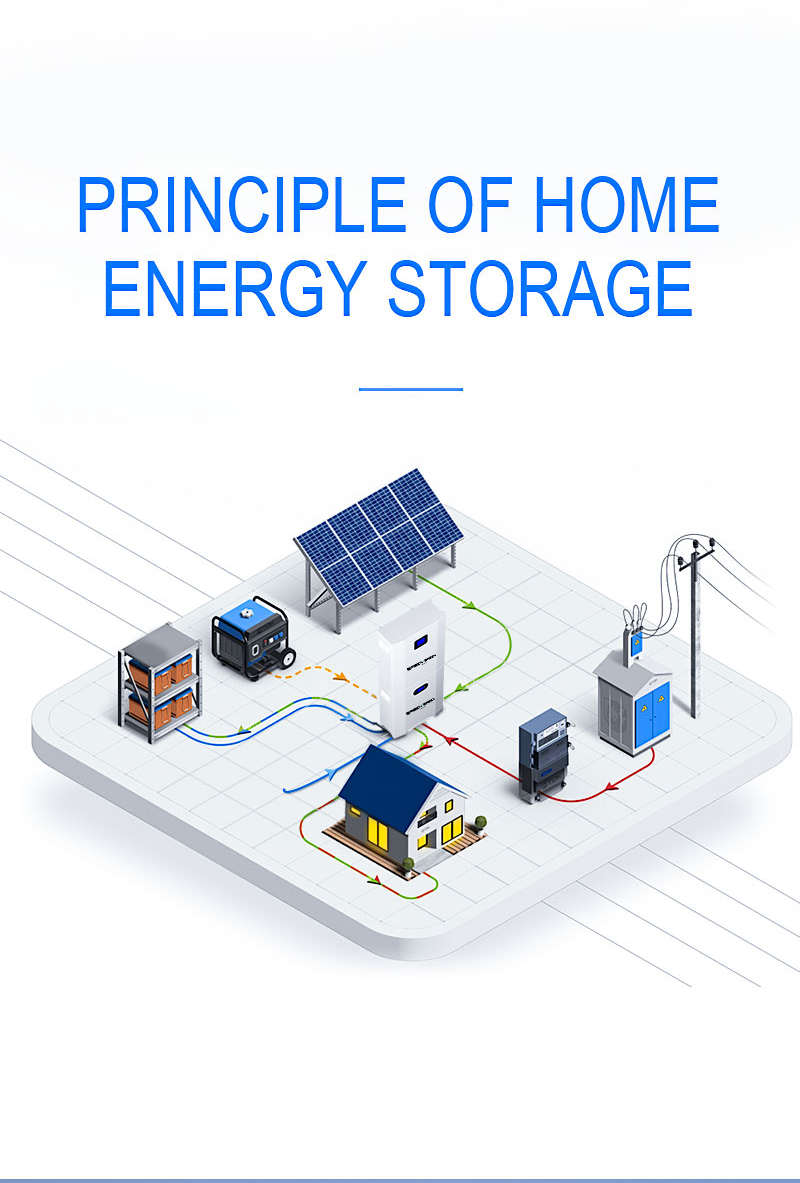
The global transition towards sustainable energy and electric mobility has significantly boosted demand for high-performance, reliable, and cost-effective battery solutions. Among the various battery technologies available, lithium-iron-phosphate (LiFePO4) batteries have emerged as a preferred choice for automotive applications due to their superior safety, long cycle life, and environmental benefits. This blog explores the rise of wholesale LiFePO4 car batteries, the challenges and opportunities in the industry, and how businesses can navigate this evolving market.
1. The Rise of LiFePO4 Batteries in Electric Vehicles
LiFePO4 batteries have gained traction in the automotive industry as a safer and more sustainable alternative to traditional lithium-ion batteries. These batteries are widely used in electric vehicles (EVs), energy storage systems (ESS), and off-grid applications. Their excellent thermal stability, high energy density, and lower cost make them an ideal choice for manufacturers seeking to produce affordable and reliable electric vehicles.
The global EV market is projected to grow at a compound annual growth rate (CAGR) of over 30% from 2023 to 2030, according to a report by BloombergNE. This growth is driven by government incentives, increasing environmental regulations, and consumer preference for cleaner transportation solutions. As a result, the demand for LiFePO4 batteries in the automotive sector is expected to surge, creating opportunities for wholesale battery manufacturers.
2. The Role of Wholesale Battery Manufacturers in the Industry
Wholesale battery manufacturers play a crucial role in meeting the growing demand for LiFePO4 car batteries. These manufacturers focus on producing high-quality batteries at scale, ensuring that they meet the stringent standards required by automotive manufacturers and EV buyers. A reliable wholesale battery factory must具备先进的生产设备, a skilled workforce, and a commitment to research and development (R&D) to stay competitive in the market.
One of the key challenges facing wholesale battery manufacturers is the supply of raw materials. Lithium, cobalt, and other critical materials are essential for battery production, but their availability and pricing are subject to market fluctuations. This has led to increased competition among manufacturers to secure stable supply chains and reduce reliance on a limited number of suppliers.
3. The Importance of Supply Chain Resilience
The lithium-ion battery industry is highly dependent on a complex global supply chain, which includes mining, refining, battery production, and recycling. The current geopolitical tensions, trade barriers, and environmental concerns have further complicated the supply chain landscape. For wholesale battery manufacturers, ensuring supply chain resilience is critical to maintaining production efficiency and meeting customer demand.
To address these challenges, many wholesale battery factories are adopting strategies such as diversifying their supply sources, investing in vertical integration, and collaborating with suppliers to ensure long-term partnerships. Additionally, the industry is shifting towards more sustainable practices, with a focus on reducing the environmental impact of battery production and increasing the recycling rate of end-of-life batteries.
4. The Need for Advanced Battery Management Systems
As the demand for LiFePO4 batteries grows, so does the need for advanced battery management systems (BMS) to optimize performance, safety, and lifespan. A BMS is a critical component of any battery system, as it monitors and controls the charging and discharging process to prevent overcharging, overheating, and other potential hazards.
For wholesale battery manufacturers, integrating an efficient BMS into their products can enhance their competitiveness in the market. It not only improves the overall performance of the battery but also increases its reliability and safety, which are key considerations for automotive manufacturers and EV buyers.
5. The Future of LiFePO4 Batteries in the Automotive Industry
The future of LiFePO4 batteries in the automotive industry looks promising, with continued advancements in battery technology and increasing adoption of electric vehicles worldwide. However, the industry also faces several challenges, including supply chain constraints, rising material costs, and competition from other battery technologies.
To remain competitive, wholesale battery manufacturers must focus on innovation, efficiency, and sustainability. This includes investing in R&D to improve battery performance, optimizing production processes to reduce costs, and adopting eco-friendly practices to minimize their environmental footprint.
The wholesale LiFePO4 car battery market is at the forefront of the global transition towards sustainable energy and mobility. As the demand for electric vehicles continues to grow, the need for high-quality, reliable, and cost-effective battery solutions becomes more critical. Wholesale battery manufacturers play a pivotal role in meeting this demand, but they must navigate the challenges of supply chain resilience, material availability, and technological advancements to stay ahead in the industry.
By adopting sustainable practices, investing in R&D, and leveraging advanced technologies, wholesale battery factories can position themselves as leaders in the LiFePO4 battery industry, driving the global shift towards a cleaner and more sustainable future.

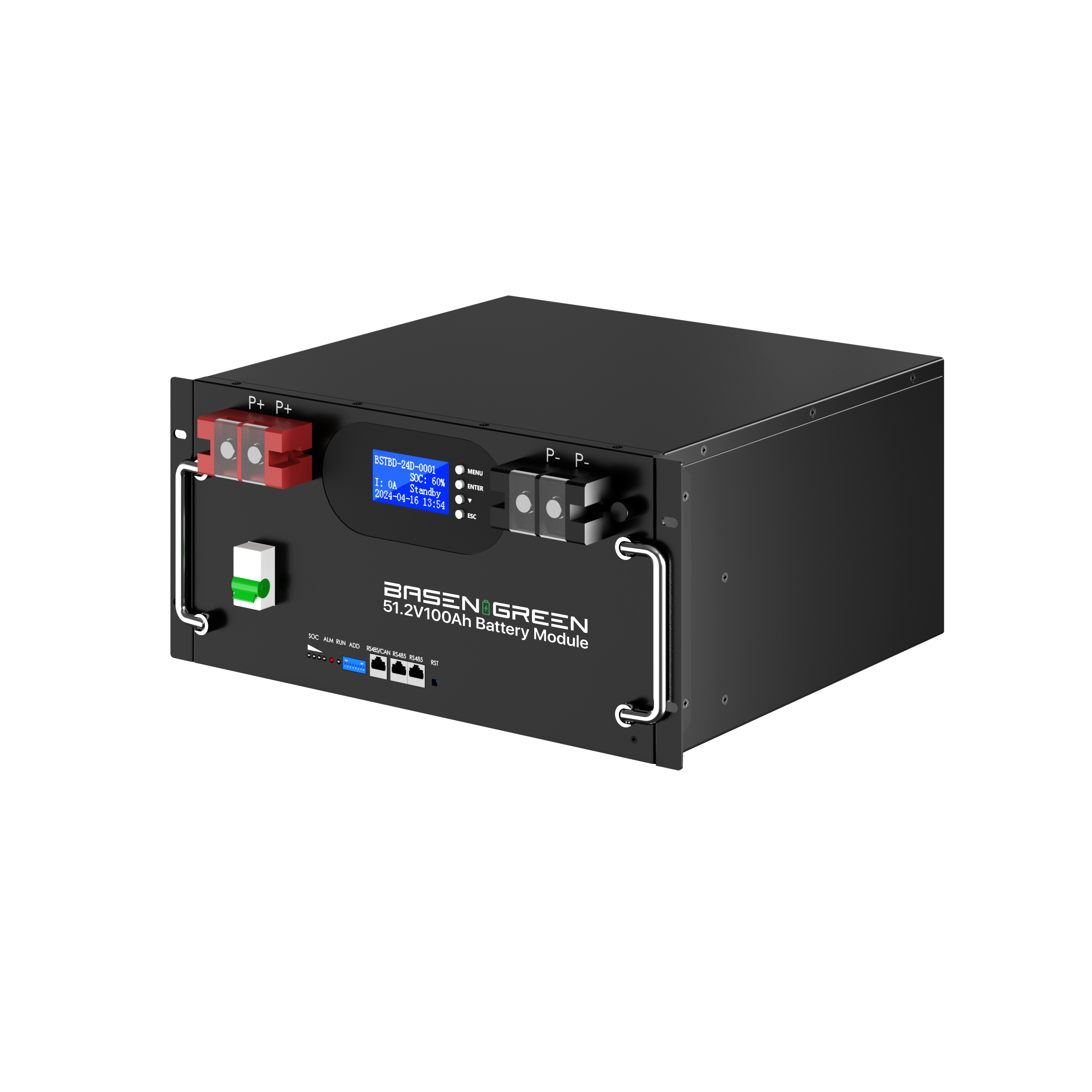
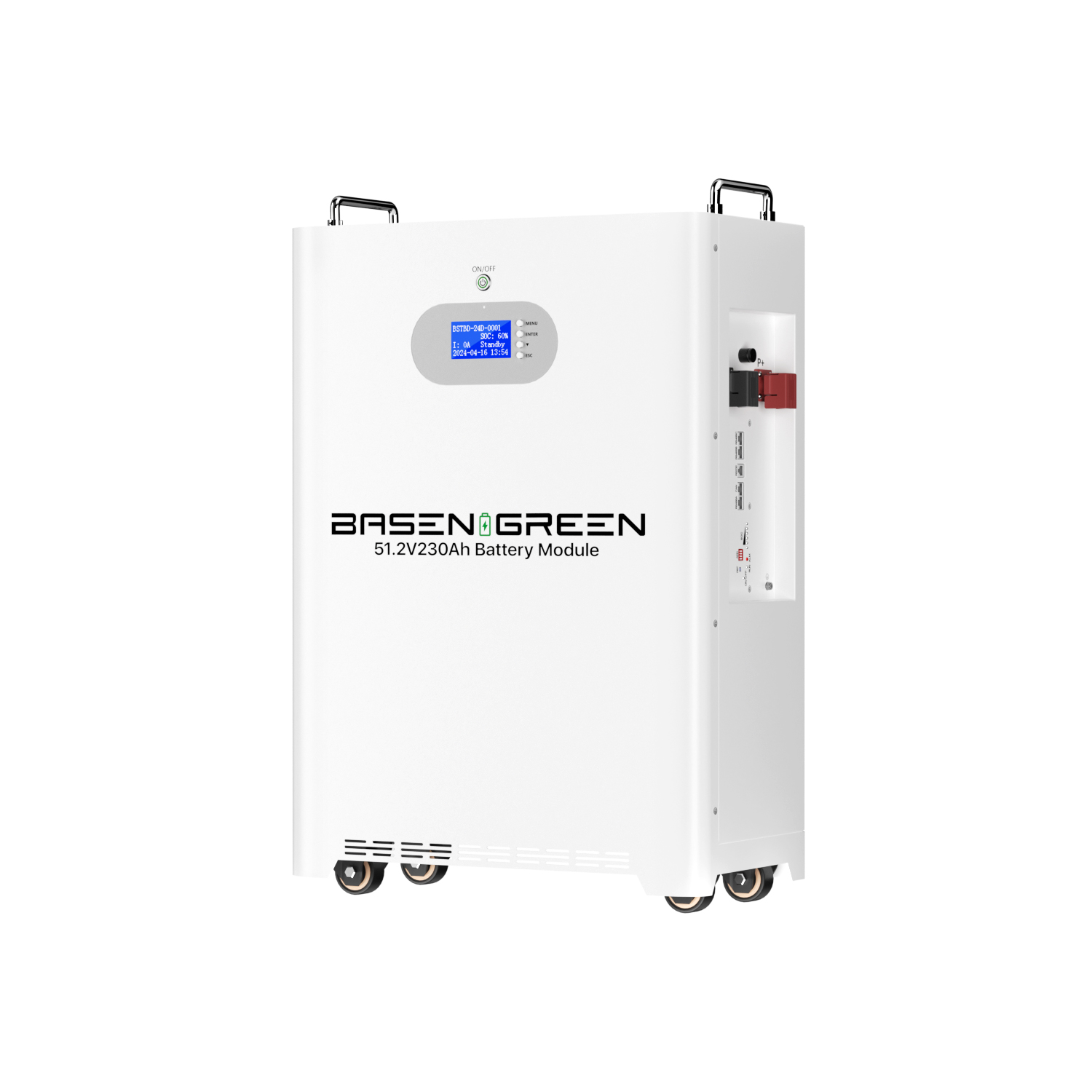
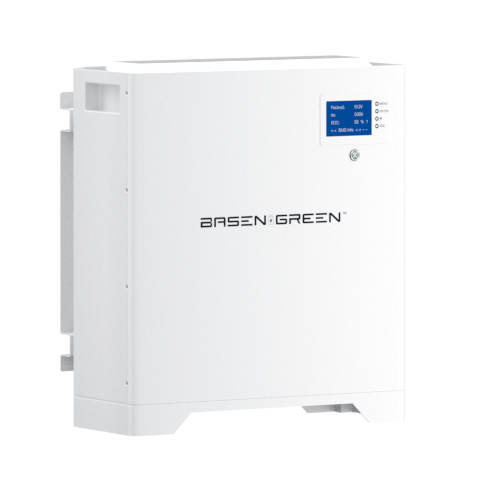
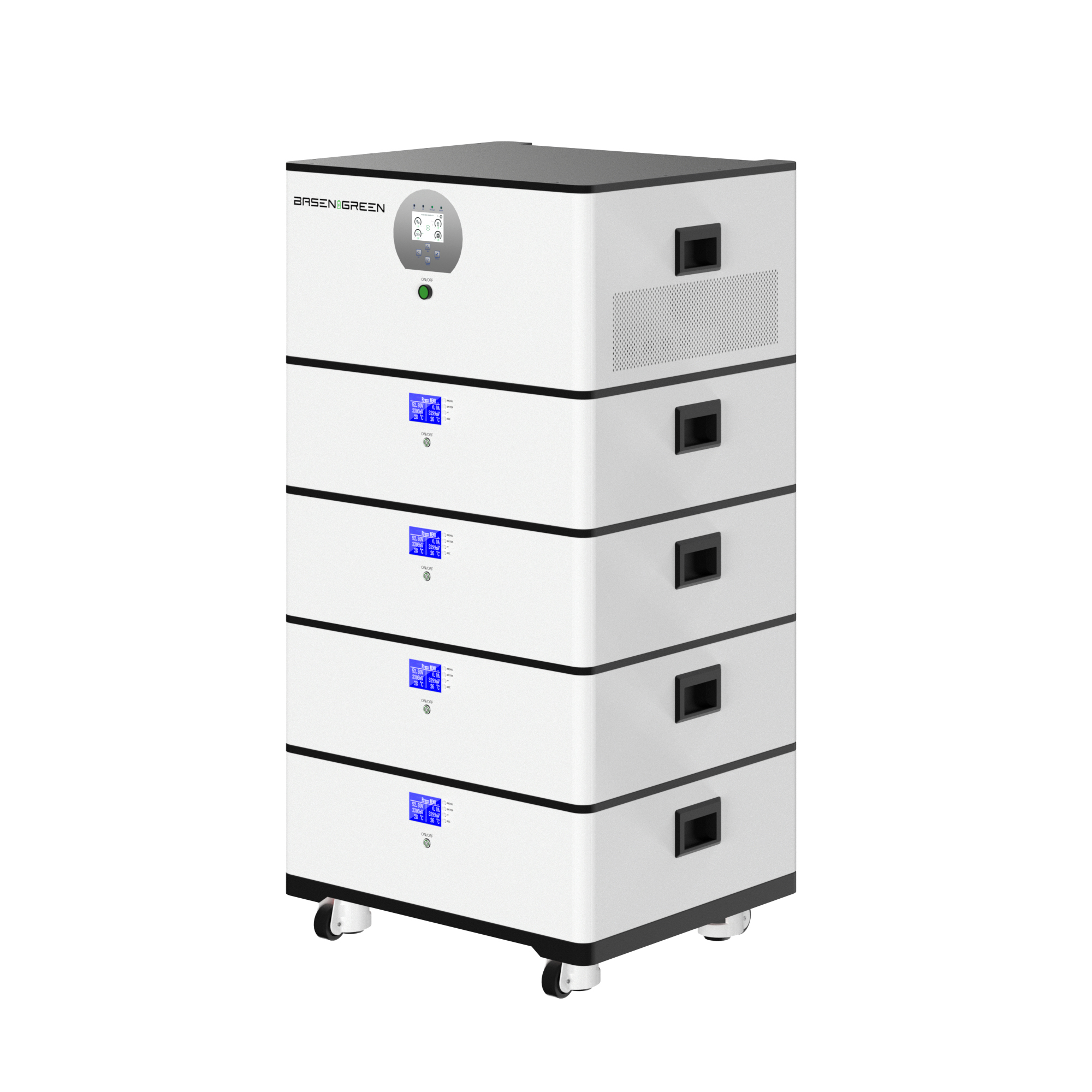

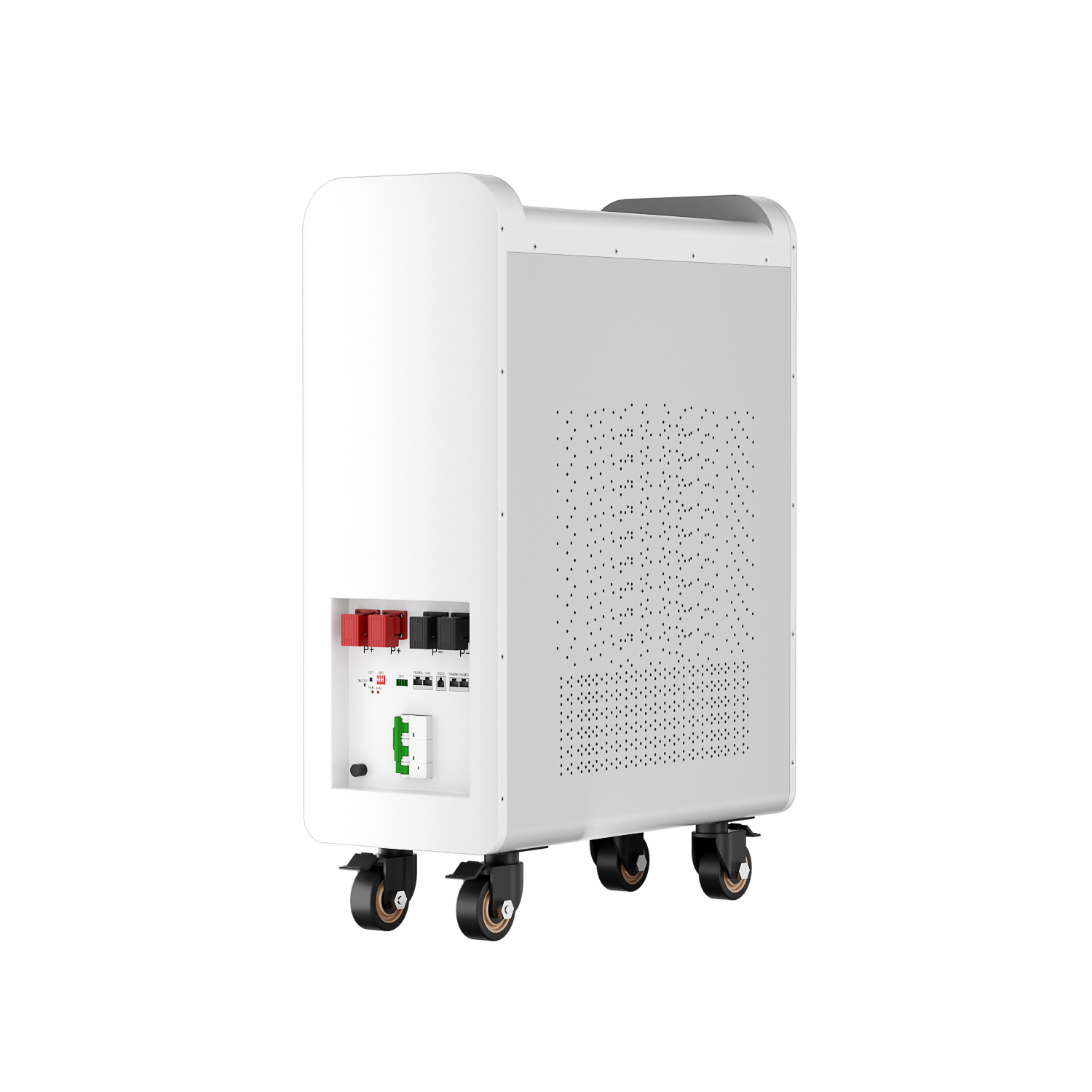
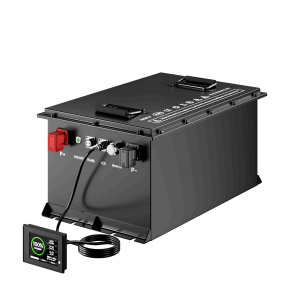
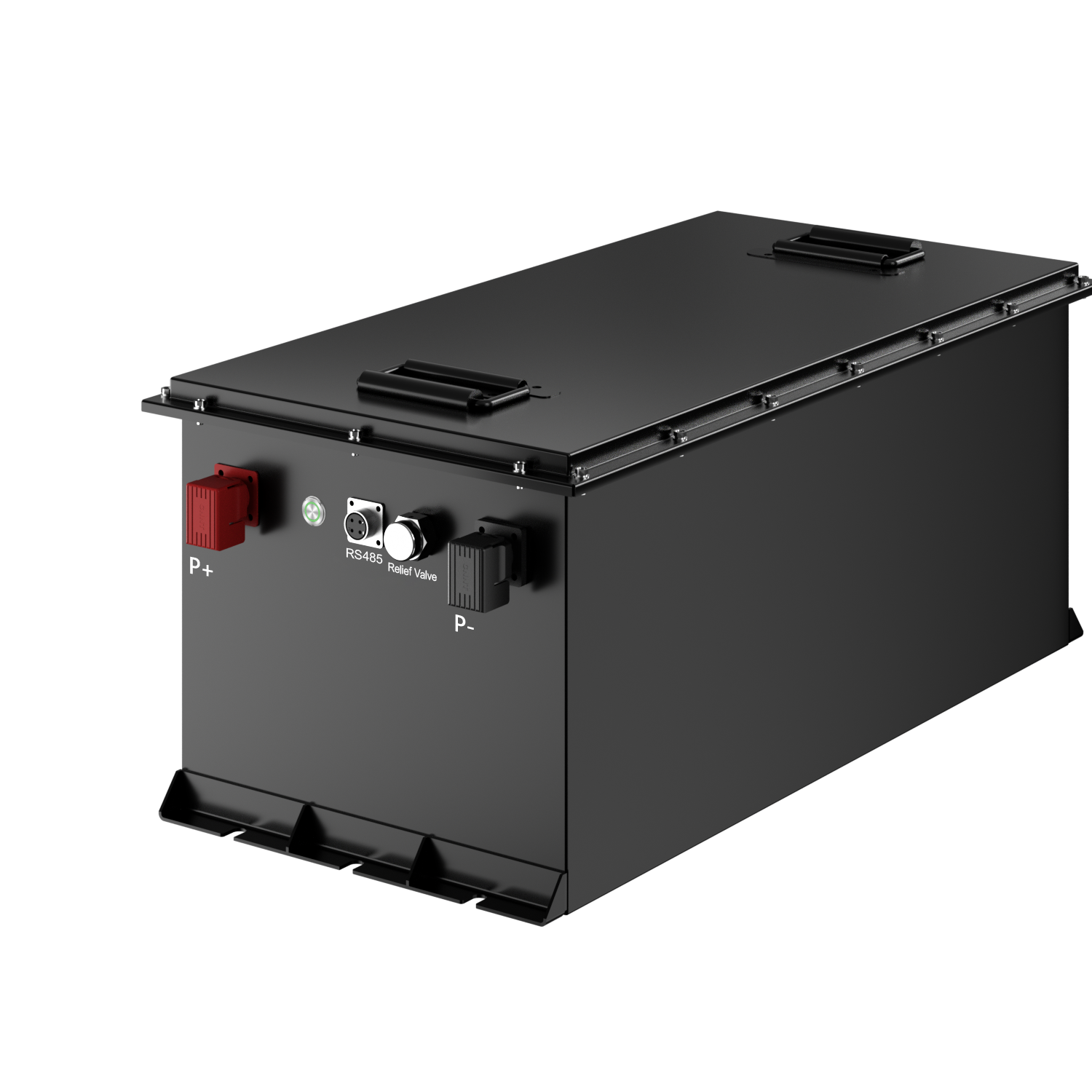
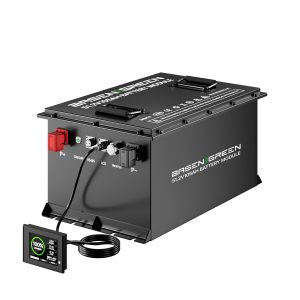
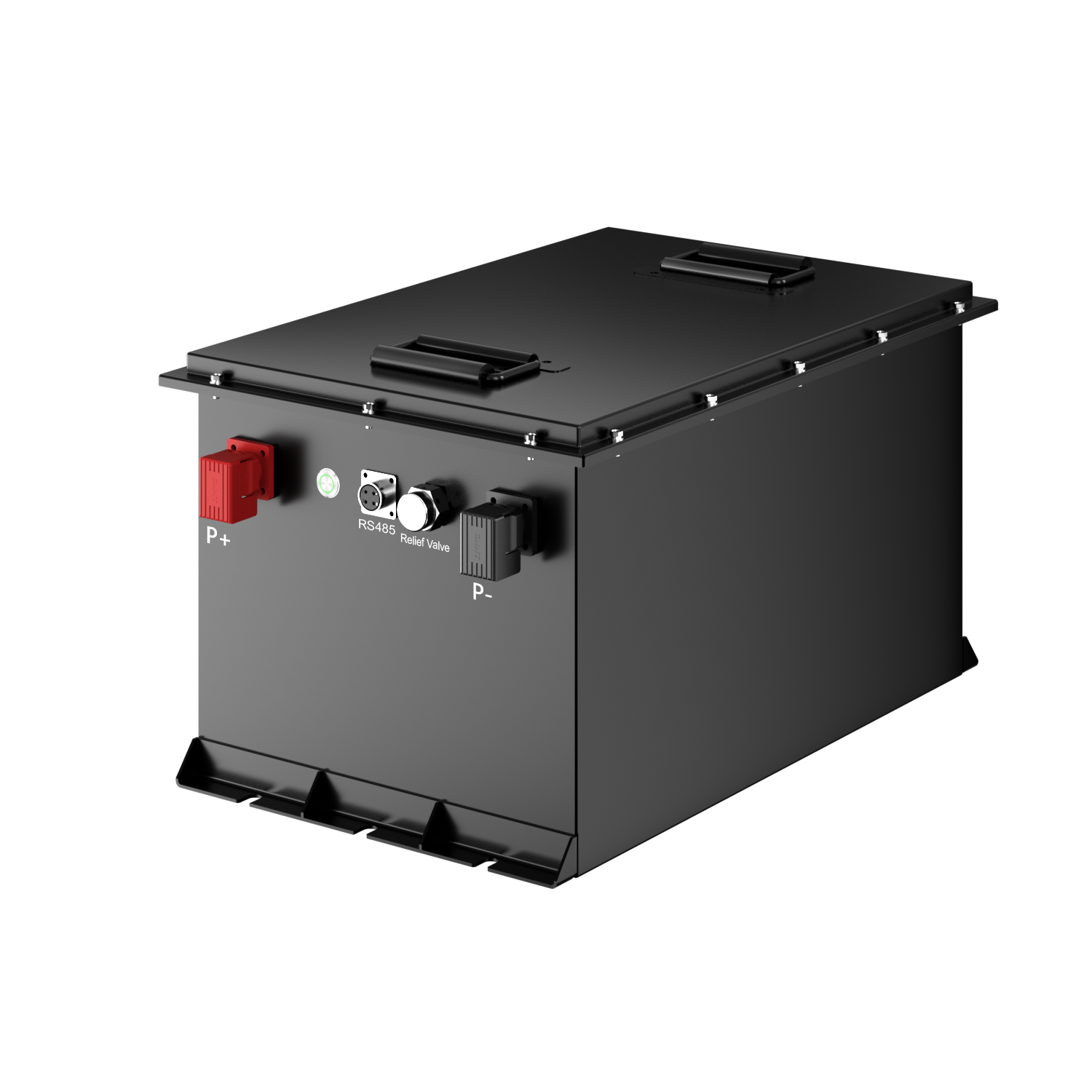
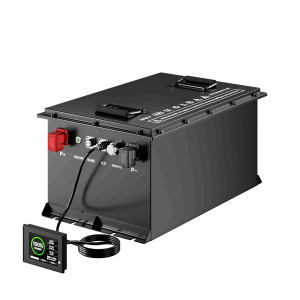
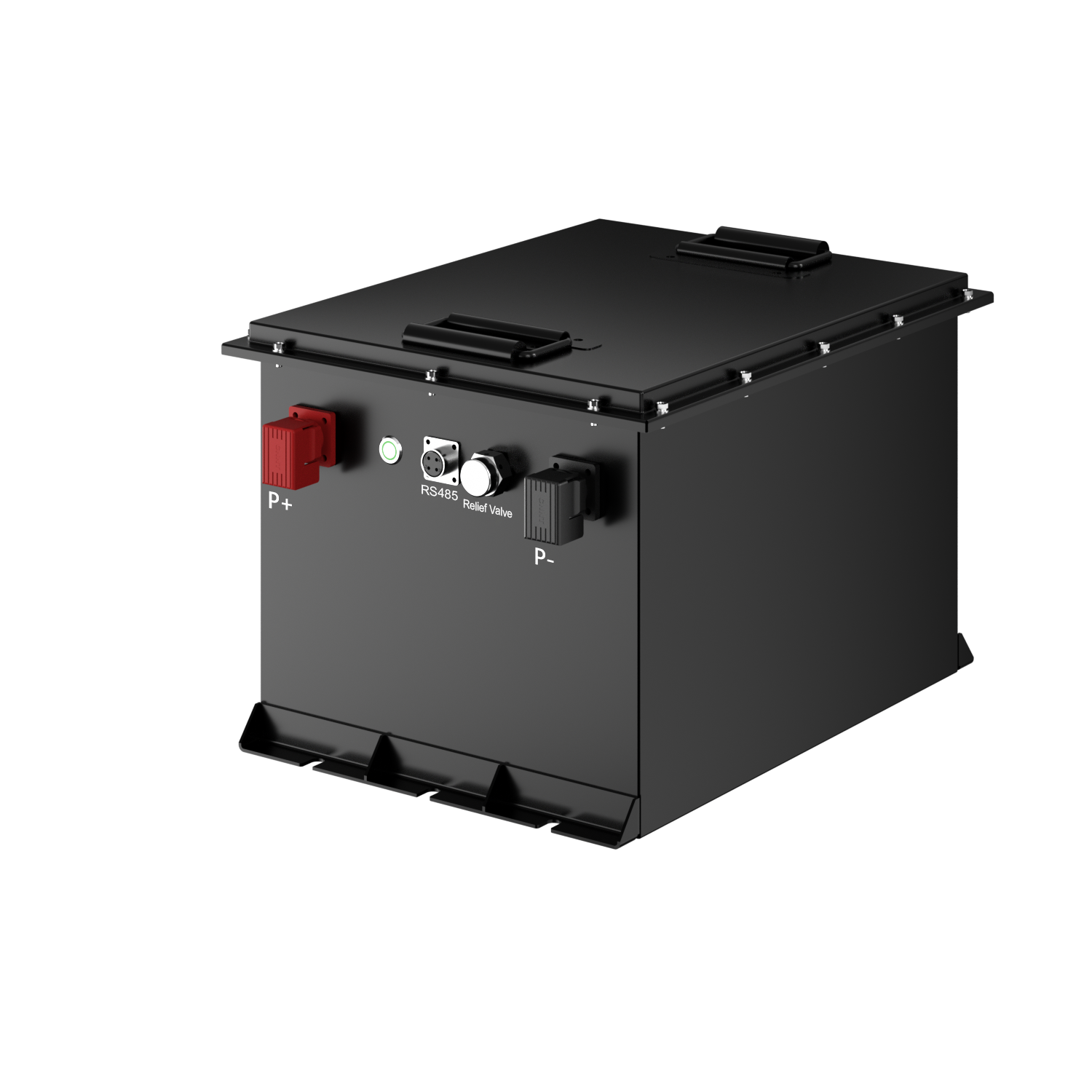
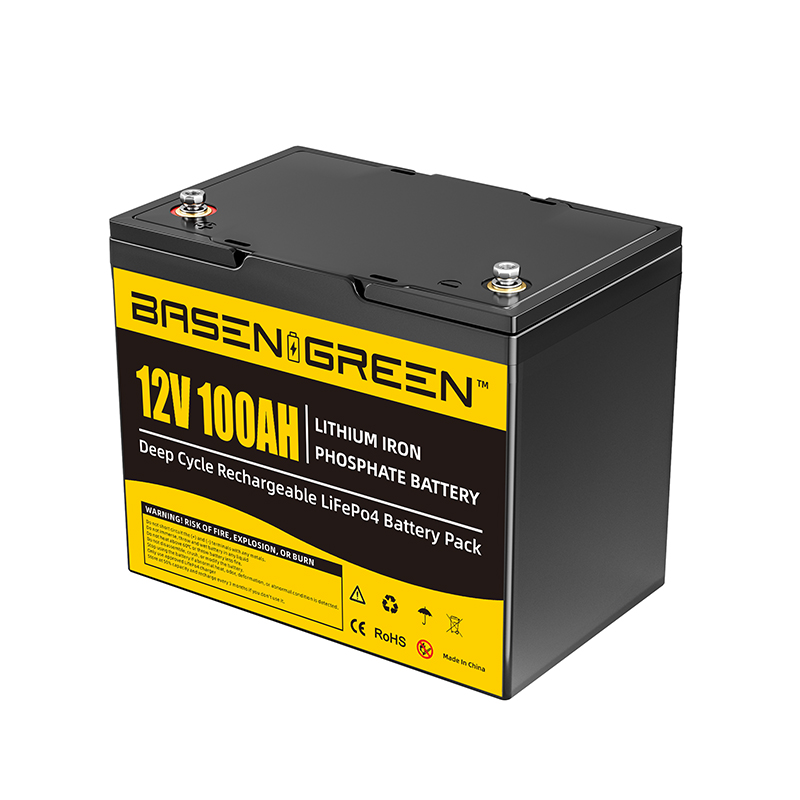
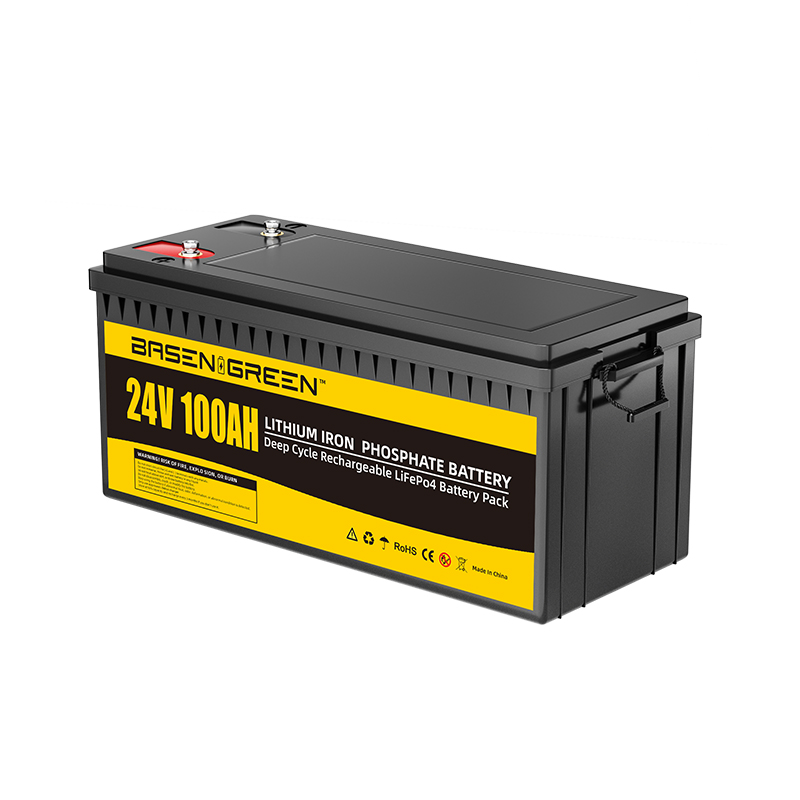
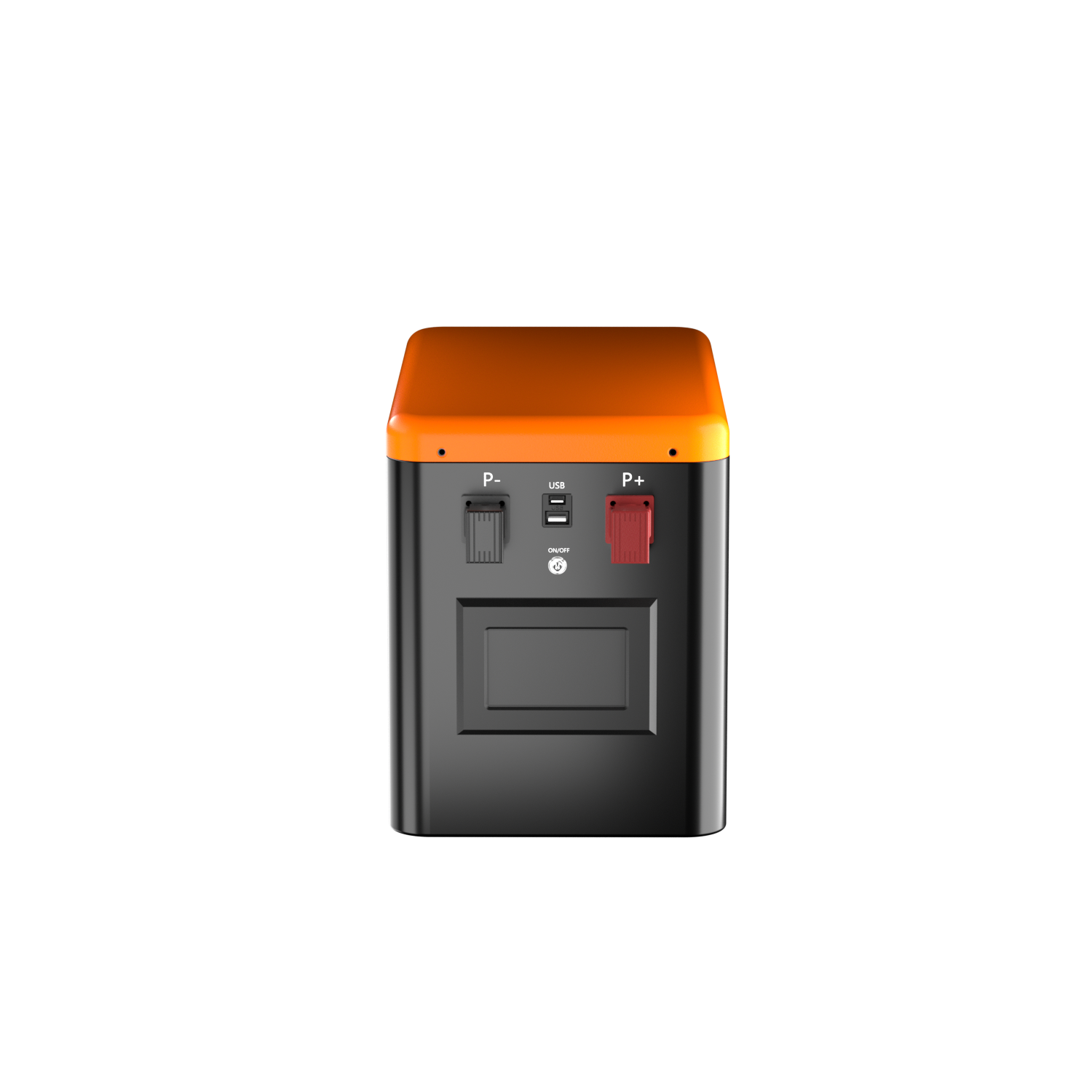
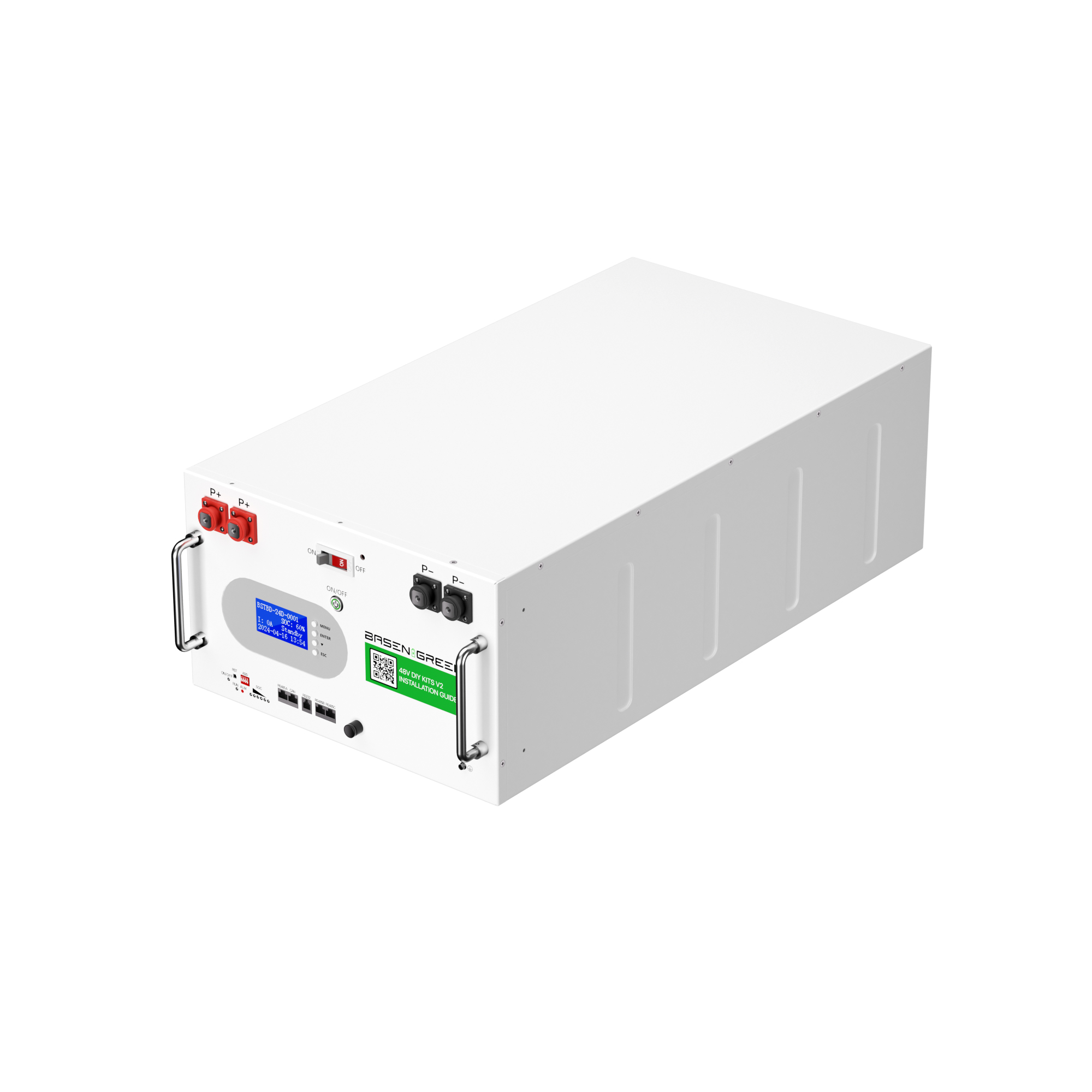
.png)